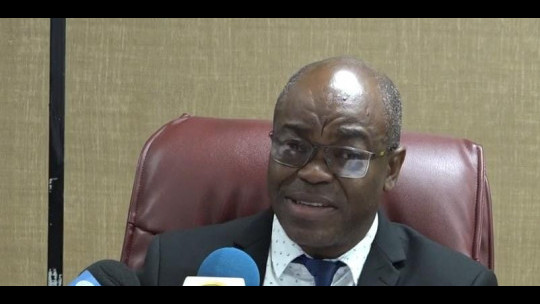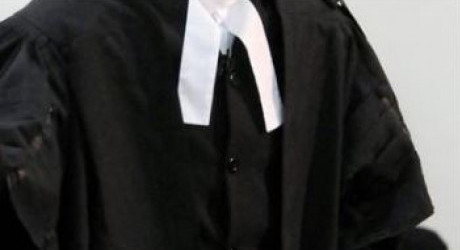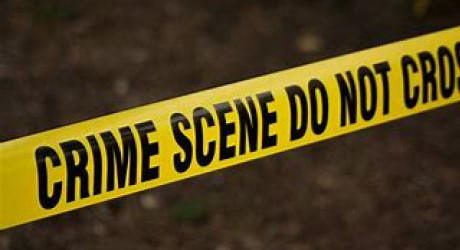.png)
00:00
00:00
00:00
Leonard Francis, Chief Executive Officer of NEPA
Chief Executive Officer of the National Environment and Planning Agency (NEPA), Leonard Francis, says the agency has proposed the use of technology to assist in collecting samples.
Mr. Francis also admitted that NEPA's enforcement arm needs to step up its efforts.
NEPA held a news conference Thursday morning amid outrage over its handling of a failed pollution case against distribution and manufacturing firm Wisynco Group.
Director of Public Prosecutions Paula Llewellyn had explained that the case against Wisynco collapsed due to a lack of evidentiary material.
But Mr. Francis, while explaining that the pipeline was positioned high off the ground and the area below was inaccessible, said this limited NEPA's ability to collect a sample.
He said the agency is exploring alternative methods to conduct sampling.
"We have actually been looking on having automatic online monitors within the Rio Cobre itself, and that is part of what we'll be pursuing. So we are saying one, we want to use the drone, we want to have automatic monitors that would give real-time data from there, and we have been looking on also using a system of cameras and using satellite imagery to help us as well. So that's where we are trying to go because it's not only the Rio Cobre, which has very steep banks, unstable slopes, heavy vegetation; we have issues elsewhere in the country as well."
Mr. Francis said while NEPA currently has drones, they can only take pictures.
"We want drones that can actually dip, take samples... and we want to have online monitoring system actually in the river itself," he reiterated.
Meanwhile, Mr. Francis said NEPA has been giving consideration to conducting investigations within facilities.
"We are saying that in a three-month span, we are saying that we need to test from within the facilities themselves and not only effluent that goes through their sewage treatment plants. We are also proposing that we could actually have discussions with the stakeholders and the regulators in looking on the possibilities of administrative penalties once there is any substance being put in any river from any breakage of pipelines," he proposed.










 All feeds
All feeds







